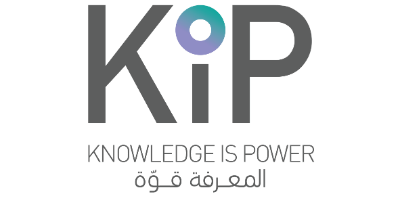On June 10th, 2017, the KIP Project held a training session for Lebanese SMEs on the drafting of anti-sexual harassment guidelines and policies, in partnership with the Office of the Minister of State for Women’s Affairs (OMSWA), the Lebanese League for Women in Business (LLWB), and the Global Compact Network Lebanon. We spoke with some of the participants from the private sector about their role in mobilizing for social change, specifically around anti-sexual harassment policy and legislation.

“I’m currently working as Specialist Learning and Development in M1 group. It’s a huge group, we have several companies under us. Our sectors are real estate, fashion, aviation, investment, energy, education, and so on.”
Why were you interested in this training workshop?
“My friend communicated the brochure to us, and it was super interesting because the topic is very rare in the Arab world. I was just telling them around the table that currently we’re in the process of documenting our code of ethics and I’ve been doing a lot of research in the last couple of days. What was super shocking to me is that none of the code of ethics [of listed companies] have sexual harassment in the Arab world. Although there are huge companies, in Lebanon, none of them have the sexual harassment part inside their code of ethics. Since I’m currently involved in documenting the code of ethics, I thought this might be super beneficial for me just to gain more knowledge regarding this issue.”
What do you hope to take away from this session?
“How to draft the policy, what does it contain, maybe the mechanism of reporting such an incident, the channel of communication regarding that, and the concept of the awareness that we need to raise as an HR to our employees, that it’s not wrong if such things happen in the workplace, that you can get back to us and report incidents.”
What can private sector do to advocate for these issues?
“It’s very important to spread awareness. even if a company has a sexual harassment policy, they have to do workshops and trainings like these in order to spread awareness–what is it for? Whats the important issue out of it? What’s the outcome? Why is it there? So it’s really important just to spread the knowledge and this mentality, especially in the Arab world.”
— Maher Choueiry, Specialist Learning and Development, M1 Group
